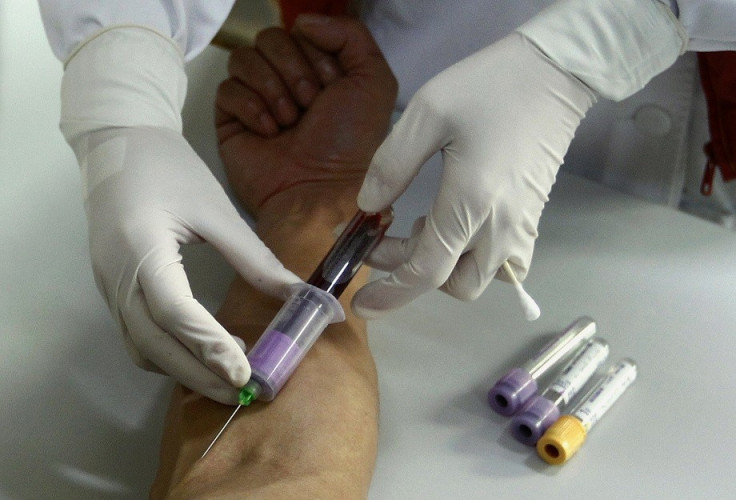Heterosexual Men Most Likely to be Diagnosed with HIV Late, Study Finds

Heterosexual men are the most likely group of people in the UK to be diagnosed with HIV late, with two-thirds only finding out they are infected after antiretroviral therapy should have started.
A report by the Health Protection Agency found 67% of heterosexual men are diagnosed with the disease late, and that late diagnosis is the most important single contributor to mortality.
The report showed that a fifth of people living with HIV are unaware of their status, accounting for around 21,900 people in the UK.
Heterosexual women were the second most likely group to be diagnosed late, with 57% not finding out their HIV status until their CD4 count (or T-Cells involved in the immune system) is lower than 350 cells/mm3. In a healthy person, the CD4 count is between 500 and 1,000 cells/mm3.
A CD4 count below 350 is the threshold at which antiretroviral therapy should start.
"Late diagnoses is the most important predictor of morbidity and one year mortality among people with HIV infection," the report said. "Over the last decade, 81% of the 2,000 AIDS-related deaths in England and Wales were attributable to late diagnoses."
The report found that the highest rates of late diagnoses were in the Midlands and the East of England, followed by the North of England.
Last year 490 people with HIV died, with 45% of these being below 50. People diagnosed with the disease late had a ten-fold increased risk of death in the first year of diagnoses compared with people who find out early. People diagnosed early can expect to have a near normal life span.
The report found that while late diagnoses overall had fallen from 58% to 47%, HIV testing should be expanded to general hospital wards and to new registrants to general practitioners in areas with a high prevalence of HIV.

Another key finding of the report was that the number of new cases of HIV among men who have sex with men (MSM) hit a record high in 2012, with 3,250 new cases diagnoses.
However, the report said this was due to increased testing among MSM: "The rise in diagnoses among MSM may be explained by both an increase in HIV testing and on-going high rates of transmission.
"The number of MSM that had an HIV test in sexual health services in England increased by 13% from 64,270 in 2011 to 72,710 in 2012."
It added that the primary factor driving new infections remains people who are unaware of their infection.
MSM remain the group most affected by HIV, followed by black African men and women. In total, 88% of people with HIV are currently receiving antiretroviral therapy, with 87% receiving care having fully supressed HIV viral load, meaning they are not likely to be infectious.
Professor Noel Gill, head of PHE's HIV and STI department, "In the UK, people who are unaware of their infection are likely to be those most at risk of transmitting HIV to others.
"We must increase the speed at which we're reducing the number of undiagnosed HIV infections by encouraging earlier and more frequent HIV testing, especially by those most at-risk. Earlier diagnosis will help reduce new HIV infections across the UK.
"Around half of men who have sex with men recently diagnosed with HIV received their diagnosis the first time they tested, which is a strong indication that many men who should be testing are not. National HIV Testing Week gives people a great opportunity to get tested."
National HIV Testing Week will take place between 22 and 29 November.
© Copyright IBTimes 2025. All rights reserved.






















